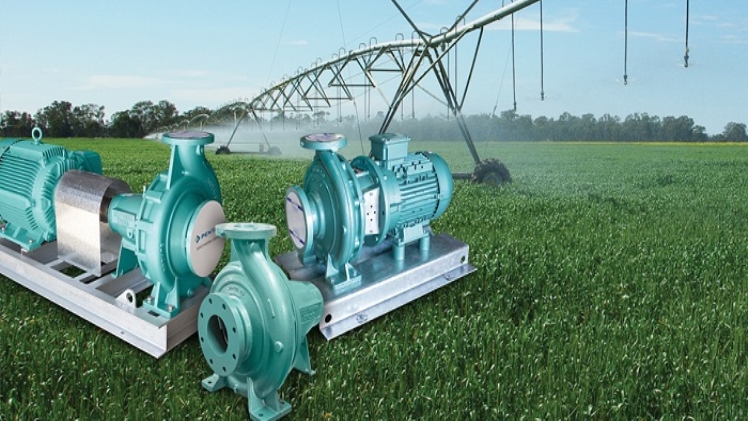Irrigation water pumps are essential for delivering water to crops and ensuring healthy plant growth. This article explores the different types of irrigation water pumps, their benefits, and factors to consider when choosing one from four irrigation systems.
Irrigation is an important aspect of farming, especially when rainfall is scarce or unpredictable. It involves the controlled application of water to crops to help them grow and mature. One of the essential components of any Irrigation system is the water pump, which helps deliver water from the source to the fields.
This article will discuss the importance of irrigation water pumps, the types available, their benefits, and factors to consider when choosing one for your farm.
Types of Irrigation Water Pumps
Here are several types of irrigation water pumps, including centrifugal pumps, Submersible pumps, turbine pumps, and diaphragm pumps. Each type has unique features, benefits, and drawbacks.
- Centrifugal pumps: Uses an impeller to move fluid by converting rotational kinetic energy into hydrodynamic energy.
- Submersible Pump: It is a type of pump that is designed to operate while fully submerged in the fluid it is pumping. These pumps are typically used for pumping water, oil, or other fluids from wells, reservoirs, and other underground references.
- Turbine Pump. A turbine pump is a type of pump that uses a rotating impeller to move liquid. Unlike a centrifugal pump, a turbine pump has multiple impellers stacked on each other. As fluids flow through each impeller, they gain velocity and pressure and are discharged through the pump outlet. Turbine pumps are often used for high-flow, low-pressure applications, such as pumping water from a river or a lake.
- Diaphragm Pump: It is a type of pump that uses a flexible diaphragm to move fluids. The diaphragm is typically made of rubber or another elastomer and is connected to a piston or other mechanism that causes it to move back and forth. As the diaphragm moves, a vacuum draws the fluids into the pump.
Benefits of Irrigation Water Pumps
Using irrigation water pumps has numerous benefits, including efficient water delivery, reduced labor costs, increased crop yield, and better control over water distribution.
Factors to Consider when Choosing an Irrigation Water Pump
When selecting an irrigation water pump, consider factors such as water source, crop type, farm size, power source, and pump size and capacity.
Maintenance and Upkeep of Irrigation Water Pumps
Regular maintenance and upkeep of irrigation water pumps are essential to ensure their longevity and performance. This includes checking for leaks, monitoring the water pressure, cleaning the filters, and lubricating moving parts.
Conclusion
Irrigation high pressure water pumps are essential for delivering water to crops and ensuring healthy plant growth. With several types of pumps available in the market, it is essential to consider various factors when choosing one for your farm.
Remember to select a pump appropriate for your water source, crop type, and farm size, and invest in regular maintenance and upkeep to maximize its performance and longevity. With the right irrigation water pump, you can improve your crop yield, reduce labor costs, and have better control over water distribution.

